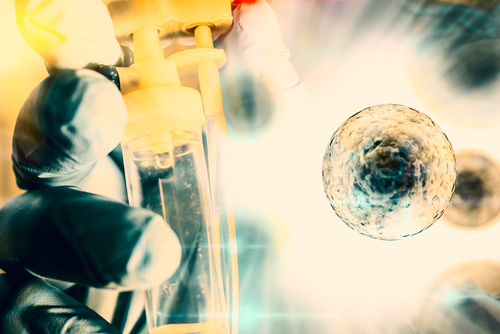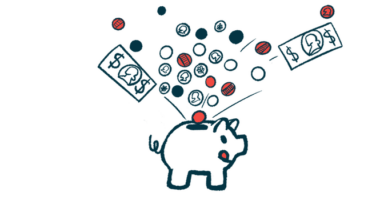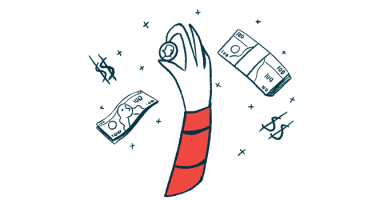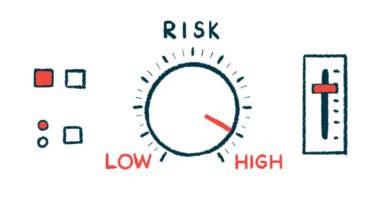Chinese Regulatory Agency Clears CT103A for Clinical Studies in Relapsed or Refractory Multiple Myeloma

IASO Biotherapeutics and Innovent Biologics are preparing the launch of a Phase 1b/2 clinical trial in China to evaluate the companies’ novel CAR T-cell product, CT103A, in people with relapsed or refractory multiple myeloma.
The announcement comes after the therapy was granted Investigational New Drug status by the National Medical Products Administration — the Chinese agency for regulating therapies and medical devices.
“This is an important milestone that allows us to continue with CT103A’s clinical development for the treatment of relapsed-refractory multiple myeloma,” Hu Guang, PhD, director of research and development at IASO, said in a news release. “We’re a young company, and this is a big step forward in achieving our objectives to develop and bring to market the most advanced therapies for treating patients more effectively.”
CT103A is a chimeric antigen receptor (CAR) T-cell therapy designed to target and kill malignant cancer cells that carry the BCMA protein. BCMA, or B-cell maturation antigen, is a cell surface protein produced at high levels by several cancer cell types, including multiple myeloma and other B-cell malignancies.
Because CT103A contains a fully-human BCMA antibody, it is expected to reduce the side effects associated with other similar therapies. It also contains other activating factors designed to make it more potent and last longer than other therapies.
In a pilot clinical study, (ChiCTR1800018137), CT103A led to strong anti-cancer responses in patients with relapsed-refractory multiple myeloma, including those who relapsed after receiving prior CAR T-cell therapy.
The most recent findings were discussed at the 17th Annual International Myeloma Workshop in Boston, in the oral presentation “Clinical Responses and Pharmacokinetics of fully human BCMA Targeting CAR T Cell Therapy in Relapsed/Refractory Multiple Myeloma” (Abstract OAB-033).
At the time of the analysis, 18 patients received an infusion of CT103A at one of three doses (one million, three million, or six million cells per kilogram of body weight), after receiving a conditioning chemotherapy regimen of cyclophosphamide plus fludarabine.
These patients had received a median of four prior treatments, and some had relapsed after being treated with a murine (mouse-based) anti-BCMA CAR T-cell therapy.
The CT103A treatment was well-tolerated across all doses, and was effective at the lowest dose tested, where seven of eight evaluable patients (88%) achieved a very good partial response or better.
A total of 17 patients (94%) experienced a common side effect of immunotherapies called cytokine release syndrome (CRS) — where the immune system becomes overactive and potentially damages healthy tissues and cells. This reaction was mostly mild to moderate (grade 1–2) and generally manageable with no neuronal damage.
A severe case was reported in the highest dose group, which was considered as a dose-limiting toxicity event. In patients treated with the lowest dose, one had a serious CRS (grade 3 or worse).
These results show that CT103A has a good safety profile, and could represent a “competitive therapeutic to treat patients with relapse-refractory multiple myeloma,” the researchers wrote.
The upcoming Phase 1b/2 trial will determine the best dose of CT103A to be used in relapsed or refractory myeloma patients. The company anticipates that the therapy will move into a Phase 2 shortly thereafter, with the hope that it may get final approval in 2021.






